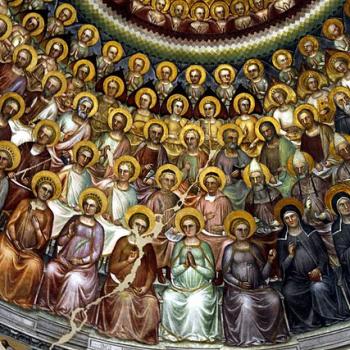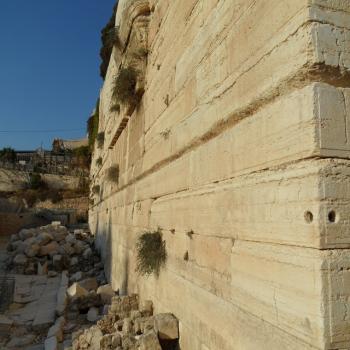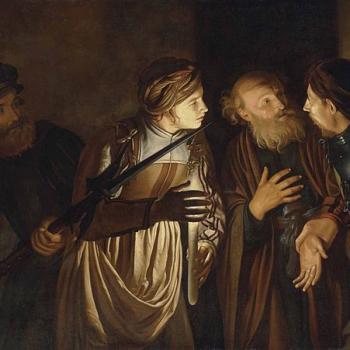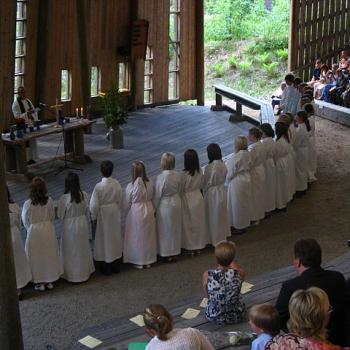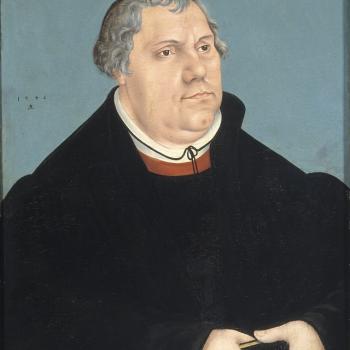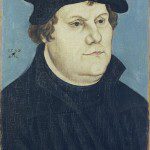Blessed John Henry Cardinal Newman’s approach to this topic was vastly different from many (and the most fashionable, chic opinions) today: I have said that, like St. Peter, he is the Vicar of his Lord. He can judge, and he can acquit; he can pardon, and he can condemn; he can command and he can permit; he can forbid, and he can punish. He has a Supreme jurisdiction over the people of God. He can stop the ordinary course of... Read more



